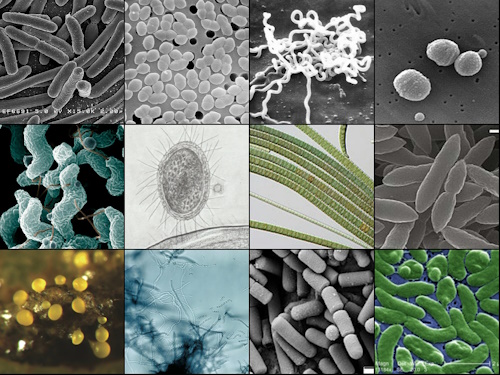Bacteriologist

Image source: Wikipedia
Bacteriologists focus on the study of bacteria and bacterial infections, contributing to the development of antibiotics and other treatments.
Key Responsibilities
- Conducting research on bacterial pathogens.
- Developing and testing antibiotics and other treatments.
- Analyzing bacterial samples and interpreting data.
- Collaborating with healthcare professionals and researchers.
- Publishing research findings in scientific journals.
Required Qualifications
- Bachelor's degree in microbiology, biology, or a related field (minimum).
- Master's degree or Ph.D. in microbiology or a related field (often required for research positions, managing labs, and policy development).
Career Pathways
- Bacteriologist
- Research Scientist
- Principal Investigator (Research Group Leader)
- Laboratory Director
Related Organizations and Employers
- National Institute for Biological Standards and Control: NIBSC Bacteriology
- University of Nebraska Medical Center: Department of Pathology, Microbiology And Immunology Research
- Centers for Disease Control and Prevention (CDC): CDC Careers
- Johns Hopkins University: Johns Hopkins Careers
- National Institutes of Health (NIH): NIH Careers
Science Careers Technology Careers Engineering Careers Mathematics Careers Medicine Careers